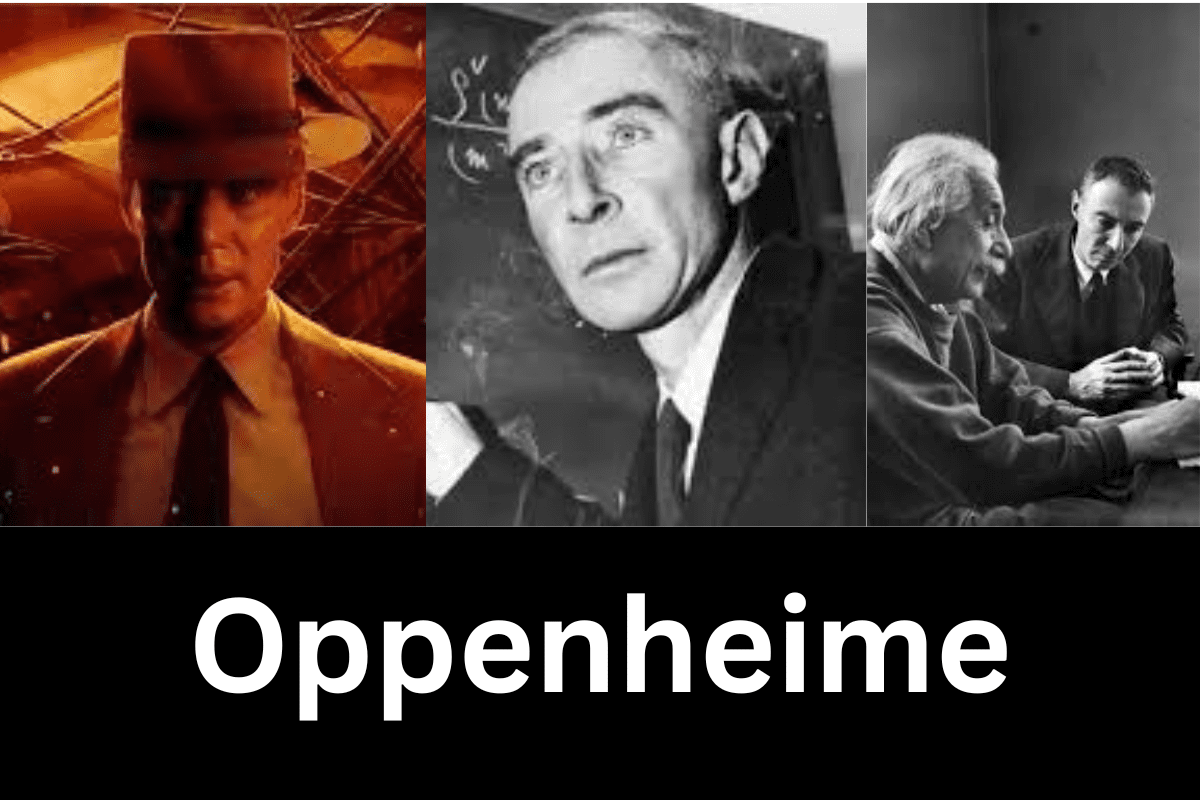Who was J. Robert Oppenheimer?
Physicist J. Robert Oppenheimer was called the “father of the atomic bomb.” He was a man whose work dramatically changed history. He led the Manhattan Project, a secret effort by the United States undertaken during World War II to develop the first atomic bombs.
The story of the brilliant scientist is that of scientific brilliance and moral conflict, recently translated into the blockbuster movie “Oppenheimer” by the charismatic director Christopher Nolan in 2023.
The Emergence of a Scientific Genius
Oppenheimer was born in New York City in 1904. He was an outstanding student who spent his earlier years at Harvard, taking physics courses that would take him to Europe for continuing studies. There in Germany, he crossed paths with some of the most mighty brains, among whom are Niels Bohr and Werner Heisenberg—those intellectual giants who would later shape and back up his ideas concerning quantum mechanics.
In 1942, Oppenheimer was elected to lead the Manhattan Project, where he and his staff made huge contributions toward the production of the world’s first nuclear weapons. This secret project finally resulted in 1945 by having the cities of Hiroshima and Nagasaki bombed, ending World War II but also ushering in a worldwide debate on using the weapon
Moral Dilemmas and controversy
The atomic bomb developed by Oppenheimer, on the other hand, was highly contentious. With this unchallenged lineup of scientific acceptance, Oppenheimer went public with tremendous regret at the way he had unleashed destruction through the atomic bomb. His immortal words, “Now I am become Death, the destroyer of worlds,” reflect the great inner turmoil at what was created after this war.
Oppenheimer went on to become an ardent nuclear disarmament proponent thereafter, which made him politically unpopular with the U.S. government in the early Cold War years
Cinematic Resurgence: “Oppenheimer” (2023)
In the wake of “Oppenheimer,” Christopher Nolan’s film release in 2023, there is renewed attention to his life by the public. Based on the screenplay, the lead character Oppenheimer, played by Cillian Murphy, delves into both the moral and personal dilemmas of the man who created the atomic bomb.
The filmmakers have deservedly captured several Academy Awards, including Best Picture and Best Director. By presenting Oppenheimer in a non-linear narrative, the director depicts the mastery of character and moral dilemmas that characterized Oppenheimer’s life
Why “Oppenheimer” Matters Today
The film is a record, in addition to this; it constitutes a plea for reflection on the responsibilities attached to scientific discovery. The story of Oppenheimer stands as a powerful reminder of the possibility of progress and destruction in any technological innovation.
His work is still raising ethical debates highly relevant today as the world grapples with nuclear proliferation and the moral implications of scientific innovation.
Future of Oppenheimer’s Tale
Interest in the legacy of Oppenheimer will keep up with potential future projects. First off, epic filmmaker James Cameron has a new film that focuses on what happens right after the atomic bombs in Japan. Such a film can appropriately playoff with Nolan’s “Oppenheimer” because he will give a comprehensive feel for the human and historical components of this scenario
FAQs
1. Why is J. Robert Oppenheimer called the “father of the atomic bomb”?
He led the Manhattan Project, which managed to create the very first atomic bombs during the Second World War.
2. Why was the 2023 film “Oppenheimer” so impactful?
The movie was about Oppenheimer and his angst, but also about some much larger ethical issues regarding nuclear weapons, reigniting dialogues into the ethics of science.
3. What are your thoughts and opinions about Oppenheimer about nuclear weapons after the Second World War?
Oppenheimer opposed the use of nuclear weapons and advocated for disarmament, thereby getting himself into direct clashes with the U.S. government during the time of the Cold War.
A Legacy Beyond Science
The legacy of Oppenheimer goes far beyond the Manhattan Project. He is still an icon of the ethical implications of scientific might and man’s brute power. It is a life and work that provokes reflection on that thin line that separates innovation from destruction-a conversation that is relevant even today.
For more read:


1 thought on “Oppenheimer The Genius Behind the Atomic Age”